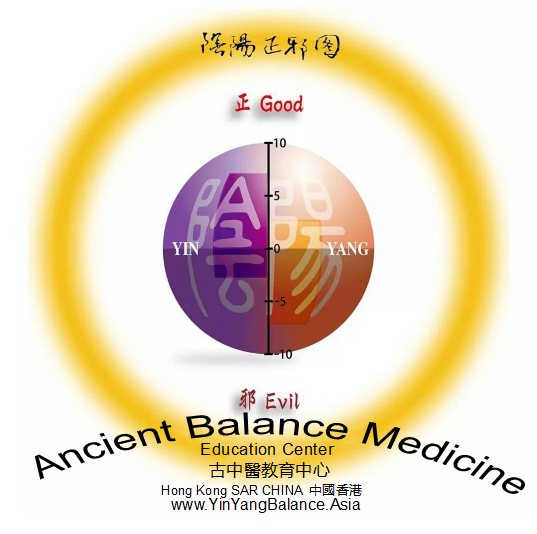Systems Basics: Learning from the principles embedded in Nature to optimize the principles affecting human concentrations and consciousness – the systems thinking of the Eastern Five Aggregates Human Mind system as taught by Buddha系統論基礎工作坊:從學習自然界法則來優化影響專注力及意識的法則 – 藉以理解人類思想的系統性與佛學五蘊的東方系統思維
2018 June 09Abstract
The ability to concentrate has grown in importance in the ever speeding pace of modern society. The feedback cycle of information and matter are getting faster and faster. Moreover, multi-tasking has become a fundamental prerequisite for daily work. Furthermore, quality of services and quantity of serving duration keep increasing. All these factors require our good concentration.
Learning from the principles embedded in nature, attempts has been performed to employ natural methodologies to treat human concentration problem. In the process we also enriched our understanding of human consciousness. Research reveals that no simple methods can completely solve the problem, but a set of principles are required to be balanced out. Hence optimizing the balancing points of these principles to produce a feasibale solution seem to be the logical direction.
One of the treatments is the observation of one’s breath, namely Anapana, and its extension to the observation of the bodily sensations called Vipassana. In this workshop we will practice the mini version of the treatment.
From the analysis of the practice, we will try to find the common structure and relationship that can be generalized using systems thinking which could help us understand how our consciousness work. Research has shown that this systems thinking is rooted from the teaching of Buddha.
The application of system theory requires the understanding of ourselves and of each other, the nature, and the past and future possibilities in a systemic way. That is, we need to understand both the structure and dynamics of our physical body systems, and of our mental mind observations. Research shows that the composition of our body and that of our mind may be explained by the same system theory relating to energy, matter, life and information. We employed this simple ancient system theory as taught by Buddha to investigate how our naturally systemic-structured mind arbitrarily developed all the non-systemic and problematic way of thinking. We use our body to experience the world around us but our mind is the one which is observing and making decisions to change the world. System theory sees the world as composing of observers, decision makers, systems, the environment, the boundaries and relationships between them. There are in effect two opposite forces in the world that constantly interact with each other, creating a flow of energy, matter and information between systems and the environment. On one hand we have the disorder force governed by the second law of thermodynamics that drives everything into an equilibrium state with maximum entropy. On the other hand we have the organizational force governed by the constraints of a system that drives the system into a particular desired steady state with a low entropy.
Our minds are both the observer and the decision maker confronting a major problem. Throughout our life we look for satisfaction that brings happiness. Our government has been relying on economics to achieve this but 80% of the time we are dissatisfied with the people and situations around us, giving rise to craving, aversion and ignorance in our minds and creating all sorts of problems in our society. This is called suffering in the teaching of Buddha, and he offered us a three step solution for our mind. In this workshop we will investigate the systemic view of these three steps, namely self-protection, concentration and purification of mind. We will also investigate a 10-day Vipassana mental healthcare program for people of all religions including scientific communities. It is believed that such a program could bring happiness, peace and harmony for our society.
Is death the end of our lives or just the beginning of another new life? A system undergoes a transition of system state upon death, but will the system continue in other forms at other places? Or will it just terminate totally? What are the possible new system states and are they sustainable? In this workshop we will investigate the sustainability of Heaven, Hell, Earth and Nibbana (null). We will also investigate the way to prepare ourselves to transit into these states.
Keywords
Vipassana mental healthcare內觀靜坐, Buddha middle path (middle way) 佛法中觀, Unification of nature and man 天人合一,Health and system thinking Special Integration Groups SIG 健康與系統思維特別整合分組,Heaven and Hell,Nibbana(Null)涅槃, Life and Death生死, happiness and harmony快樂和諧, Purification of our minds 淨化心靈, organizational force組織力, entropy熵, second law of thermodynamics熱力學第二定律, Energy-Matter Life-Information 能量物質-信息生命, Spirituality and Systems 靈性與系統
Full Paper
TBP

 古中醫學會心對心
古中醫學會心對心 微博 炎黃子孫共振中醫
微博 炎黃子孫共振中醫 古中醫教育中心面對面
古中醫教育中心面對面 古中醫教育中心 Our Website
古中醫教育中心 Our Website